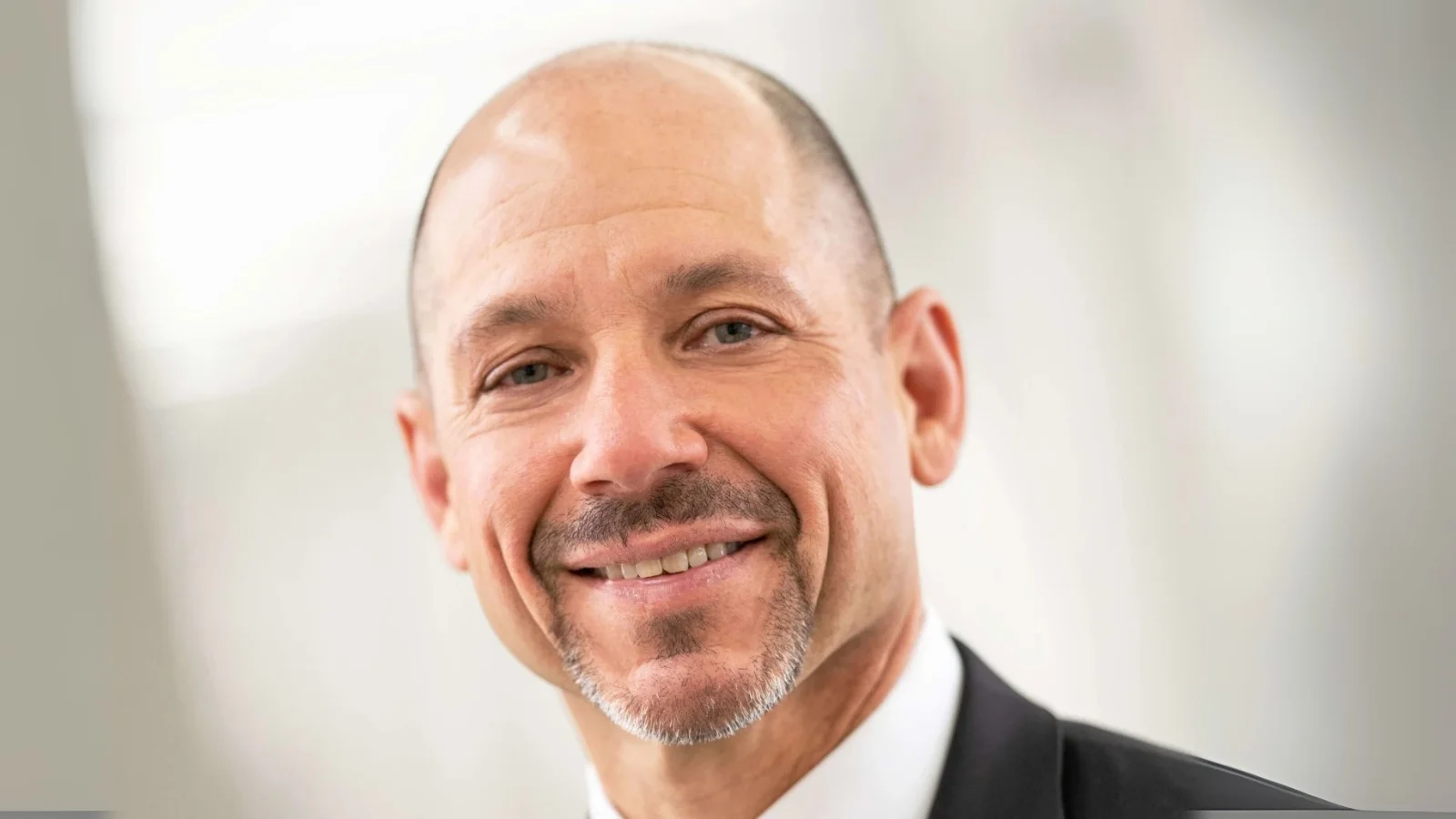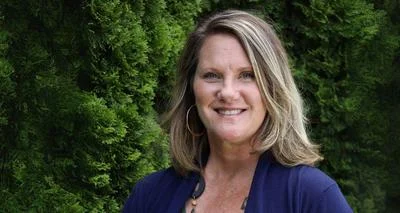Alan Kaplan, CEO of UW Health | UW Health
Alan Kaplan, CEO of UW Health | UW Health
Making sure patients feel supported is the main focus for lactation consultants at UW Health Kids, based at American Family Children’s Hospital in Madison. These breastfeeding specialists work to help mothers during World Breastfeeding Week, an annual event that began in 1992 to raise awareness about breastfeeding.
Katie Talmadge, a lactation consultant and pediatric nurse with international board certification in lactation, said that while the benefits of breast milk for babies are well known, there is still a need for more support and education for breastfeeding mothers. “There is limited access to experts and education, so raising awareness for support and information remains essential,” she said.
The hospital’s lactation program primarily assists families in the Neonatal Intensive Care Unit (NICU), where medical challenges can increase stress. The program started nearly 11 years ago when the Level IV NICU opened, and the number of consults has grown each year. Two lactation consultants—Talmadge and Courtney Spencer, also an internationally board-certified neonatal nurse—currently provide support. Last year, they assisted nearly 500 lactating patients and their families. They also help breastfeeding patients admitted to University Hospital for other reasons.
Consultants address latching issues, milk production concerns, pumping schedules, and individual goals. They also offer prenatal advice and guidance on returning to work while continuing to breastfeed to UW Health employees.
According to health system data, human milk feeding rates at discharge from American Family Children’s Hospital have ranged from 75% to 88% over the past five years.
“It is a privilege to enter very tender, vulnerable spaces to help provide families with information, education and support them on their journey,” Talmadge said. “We tell families we support them in any way they’d like to feed their baby.”
The program works closely with the hospital’s milk lab, which prepares and stores breast milk or formula tailored for each infant. Talmadge noted that producing milk can be harder for mothers with babies in the NICU environment; therefore, extra support is crucial.
“NICU moms are most likely experiencing a postpartum situation they did not expect,” Talmadge said. “So, we don’t say ‘breast is best’ or ‘fed is best’ — that isn’t helpful, because it implies there is only one right choice. Instead, we like to say ‘supported is best.’ ”
Challenges related to breastfeeding extend beyond the NICU. Many new mothers experience mental health issues such as stress or depression that can affect their ability to breastfeed. Talmadge emphasized that focusing solely on lactation without regard for overall well-being is not sustainable.
“Your worth as a mother is not measured in ounces of milk you can produce,” she said. “This is just something you could provide, but a baby needs a well mother more than they need breastmilk, so adjustments might need to be made to goals and plans.”
For World Breastfeeding Week 2025, organizers including the World Health Organization and UNICEF are focusing on promoting direct breastfeeding while reducing unnecessary plastics and waste.
UW Health Kids has prioritized sustainability efforts for several years by recycling products used in its milk lab and maximizing equipment use—important since many NICU infants cannot feed directly due to illness or surgery recovery.





 Alerts Sign-up
Alerts Sign-up